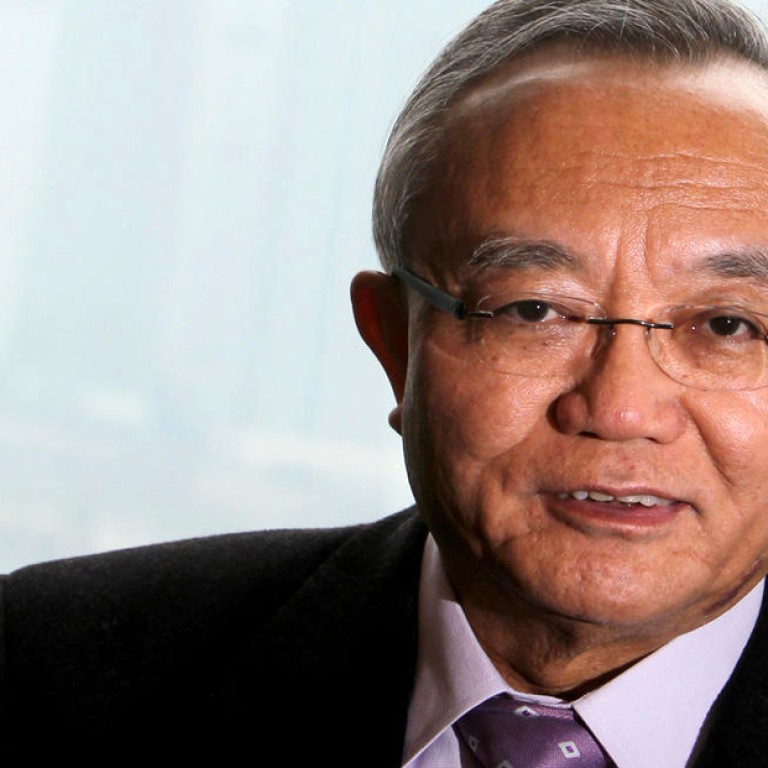
If Occupy prompts Beijing to intervene, 'one country, two systems' would take a hit, adviser says
The "one country, two systems" principle would face a "grave" situation if the Occupy Central movement created prolonged disturbances that prompted intervention from Beijing, Lau Siu-kai said.
The "one country, two systems" principle on which post-colonial Hong Kong was founded would face a "grave" situation if the Occupy Central movement created prolonged disturbances that prompted intervention from Beijing, an adviser to the central government said.
The warning from Lau Siu-kai, vice-chairman of the Chinese Association of Hong Kong and Macau Studies, came a month after Zhou Nan , Beijing's former top representative in Hong Kong, said the People's Liberation Army would intervene if riots broke out in the city.
Meanwhile, an organiser of the Occupy Central campaign vowed members would "take action" if officials refused to meet them on electoral reforms, or were not sincere in taking on board the views of the public and results of Occupy's unofficial reform referendum.
"If the Occupy Central movement turned into serious and prolonged disturbances, the central government would certainly take drastic action," Lau told the .
"If such a scenario happened, 'one country, two systems' would face a grave and serious situation. Nobody could predict the subsequent developments," he said.
Article 14 of the Basic Law states that the Hong Kong government may, when necessary, ask the central government for assistance from the Hong Kong garrison of the PLA in the maintenance of public order and in disaster relief.
Lau, a former head of the Central Policy Unit, the Hong Kong government's top think tank, said he did not want to speculate on what exactly would happen if Beijing intervened.
Occupy Central organisers are threatening to mobilise 10,000 supporters to block the main roads in the central business district if the government does not offer a satisfactory reform plan for the chief executive election in 2017, the first such poll Beijing has said may be held under universal suffrage.
Lau said the worrying scenario he outlined was unlikely to arise, as radical actions would spark a "conservative backlash" from moderate and pragmatic Hongkongers. "Besides, most pan-democrats do not favour extremist and radical actions," he said.
The Reverend Chu Yiu-ming, of Occupy, said yesterday that organisers hoped Hong Kong officials would meet them over electoral reforms. If they didn't, the movement would "take action".
He said if the reform framework drawn up by the National People's Congress Standing Committee in August failed to address calls for "genuine" universal suffrage, there could be strikes at businesses and universities.
Zhou, a former director of Xinhua in Hong Kong, warned the PLA would be deployed if the sit-in degenerated into riots.

